Research Partnership Enhances Health Policies and Programs using DHS Program Data

For the past 15 years, Avenir Health have been partners on The DHS Program, providing technical assistance in policy, planning, resource allocation, and evaluation to support people to use DHS Program data to inform policy decisions and health programs at national and local levels. Pioneers in the field of demographic and projection modeling, Avenir Health develops, supports, and implements projection models to improve public health globally. Avenir Health’s models are used by reproductive health and HIV/AIDS experts worldwide to create health plans and budgets.
Spectrum is a suite of easy-to-use policy models to support policy makers and program managers to make data-informed decisions. The Lives Saved Tool (LiST), one of the Spectrum models, uses DHS data to help policymakers and program planners evaluate which maternal, newborn, and child health and nutrition interventions can save the most lives.
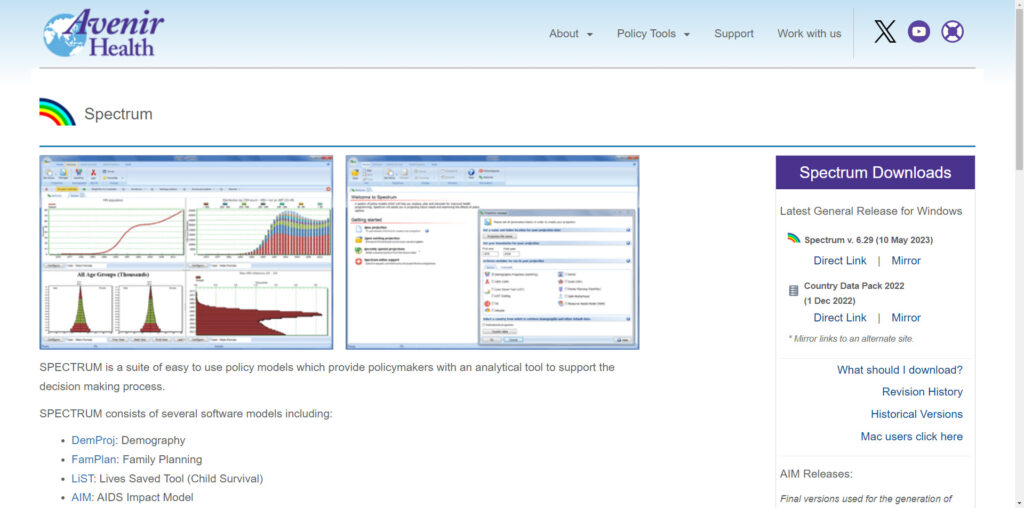
The OneHealth Tool, overseen by the UN Interagency Working Group on Costing, has been used by Ministry of Health program planners, NGOs, UN agencies, and other donors in over 55 countries to support national strategic health planning.
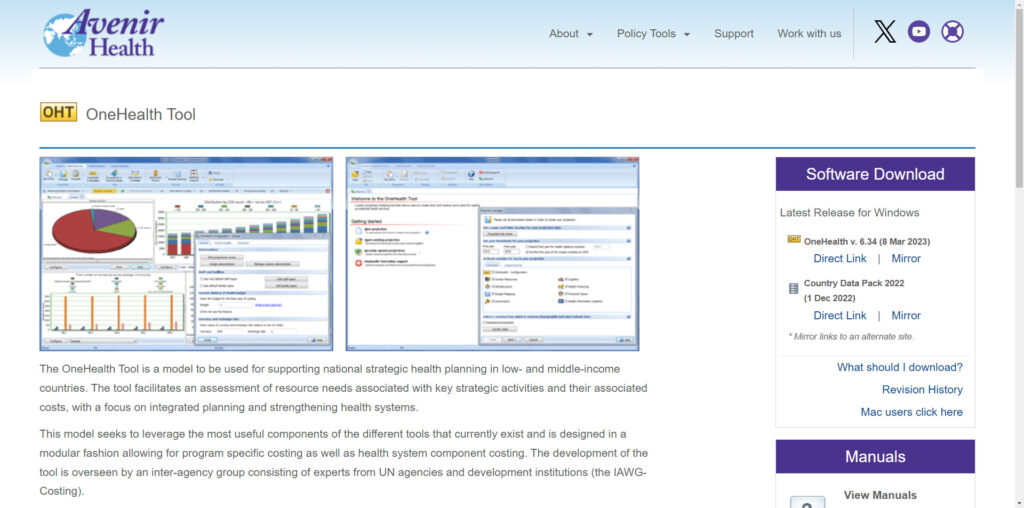
Avenir Health staff members have collaborated on DHS Program publications that span topics ranging from postpartum family planning use to traditional family planning use, measuring quality of care to evaluating quality of survey questionnaires, and exploring relationships between digital access and use and decision making power and health outcomes.
Avenir Health expertise was leveraged to produce analysis briefs: short summaries of analysis reports that use data visualizations and plain language to make findings accessible to more people.
This is important work because DHS Program analysis reports can be long and technical. Busy public health professionals and policymakers can still benefit from the results of much of the research conducted by The DHS Program. “While explaining our methods in detail is important scientific practice for transparency and reproducibility, we also want our findings to be useful – after all, that’s the reason for conducting this research in the first place,” Rachael Church, Demographic and Health Researcher, explains. Short non-technical analysis briefs and web pages get research findings into the hands of national and local decision makers worldwide.
Partnership between The DHS Program and Avenir Health always made sense, as both work to empower national and local decision makers with data—research findings and modeled outcomes—to support life-saving decisions worldwide.


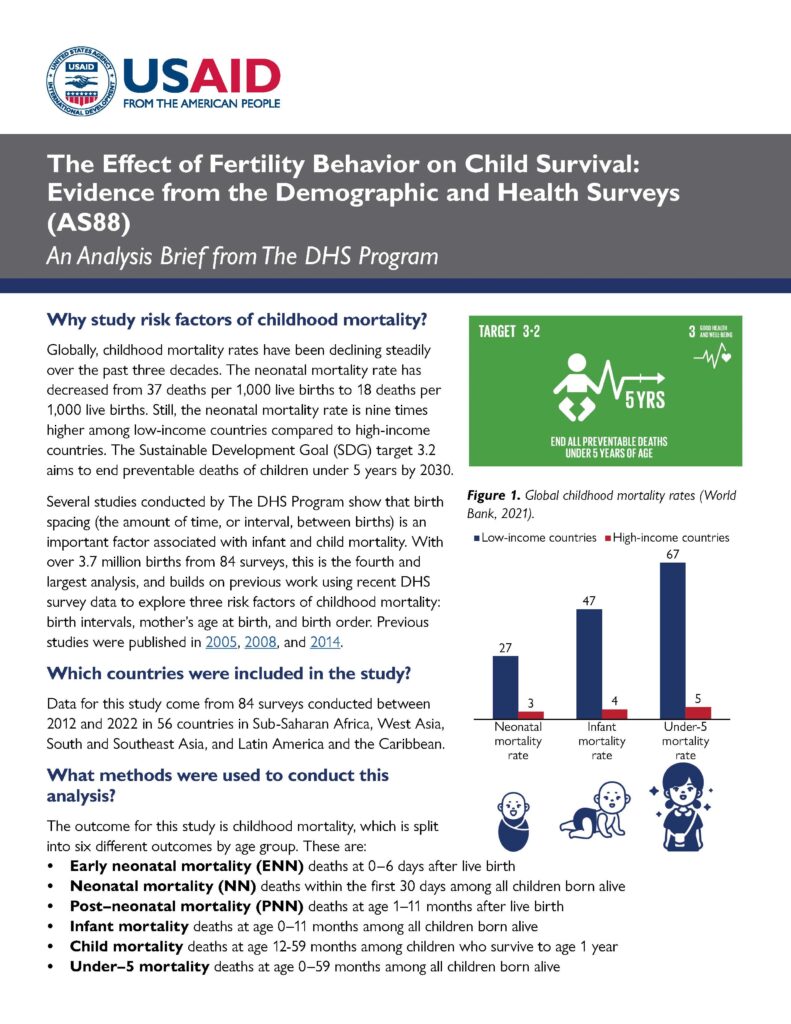
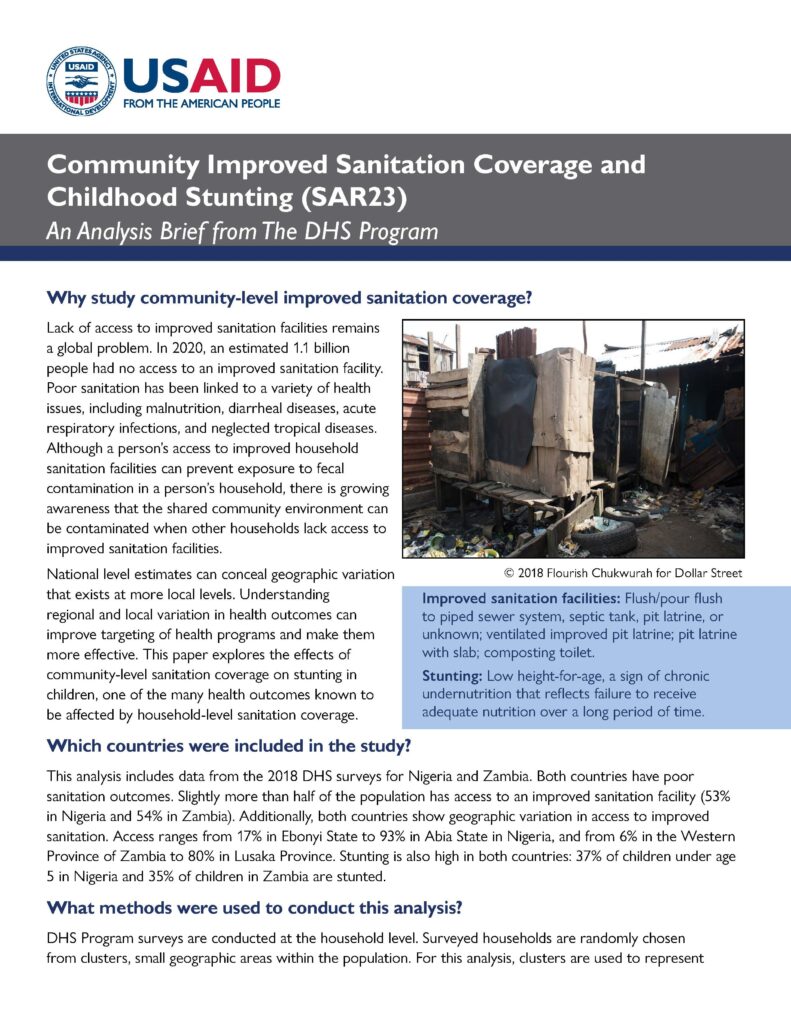
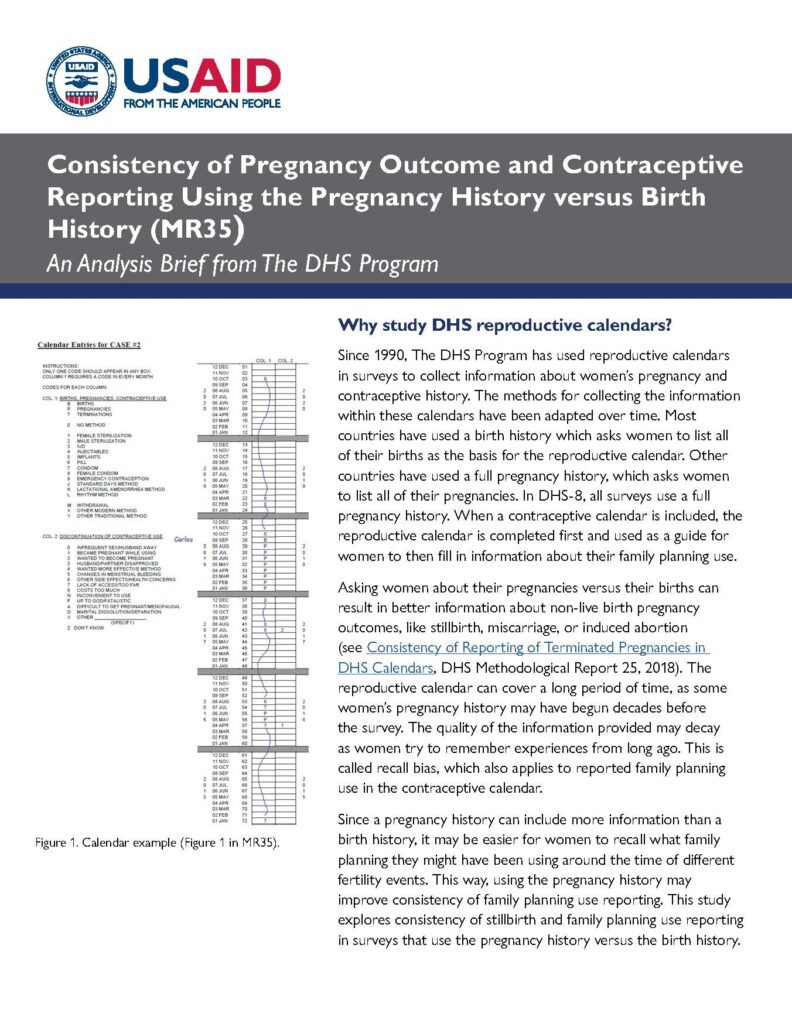
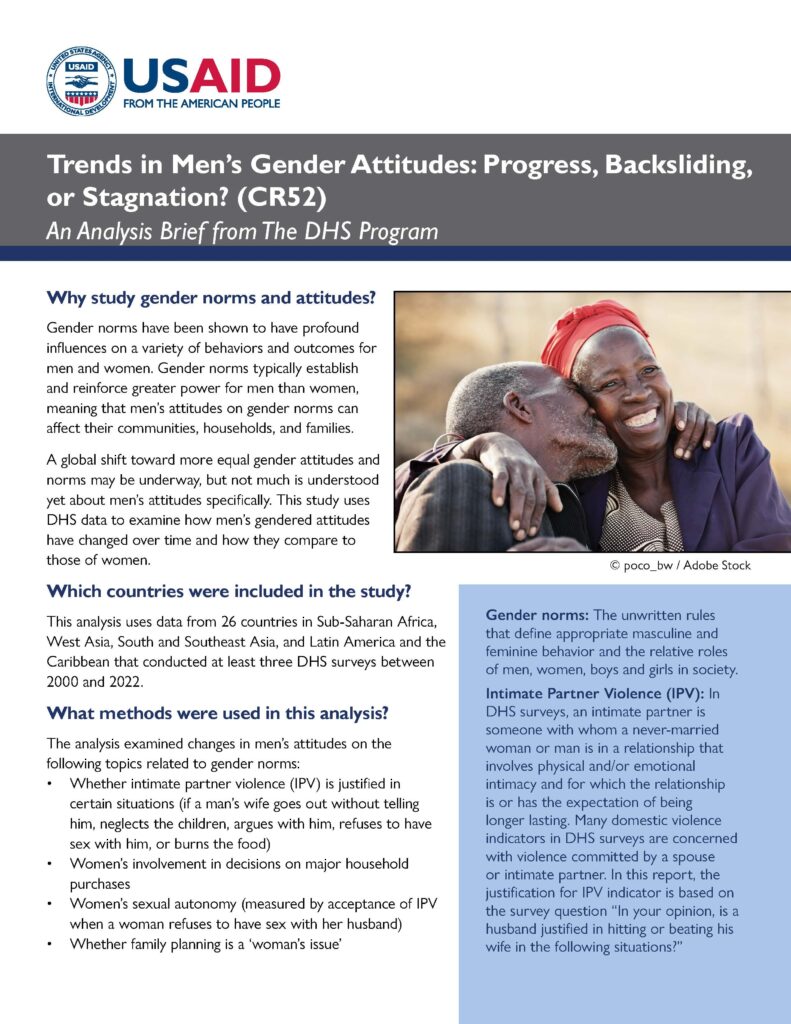
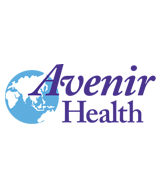
Je suis PIERRE BEAVOGUI étudiant en Master 2 en Démographie à l’Institut de Formation et de Rechercher Démographiques. Je suis très ravie de retrouver les information en lien avec ma formation.
Merci!
Nous espérons que vous profiterez de toutes nos ressources, du site web du DHS Program où vous pouvez vous inscrire et télécharger des bases de données, à STATcompiler en passant par le Learning Hub ! Nous vous remercions.